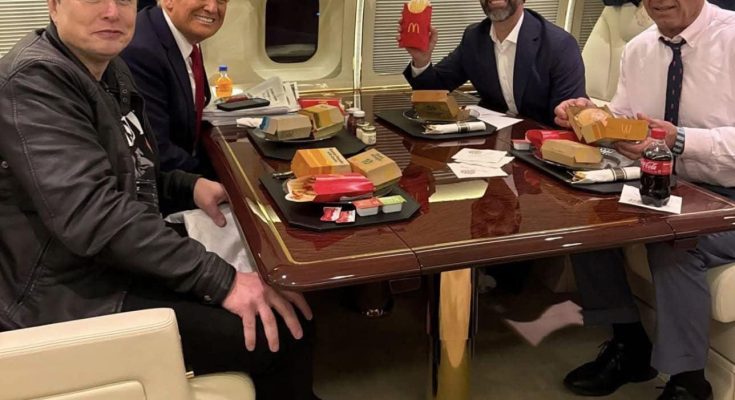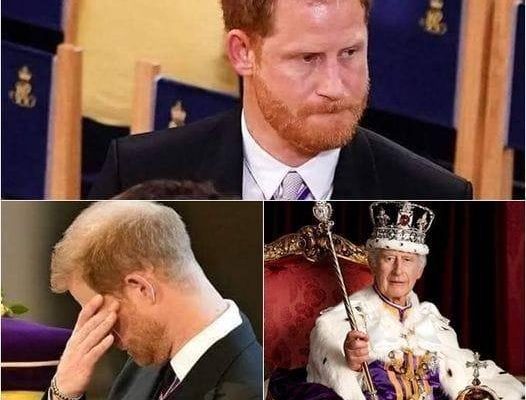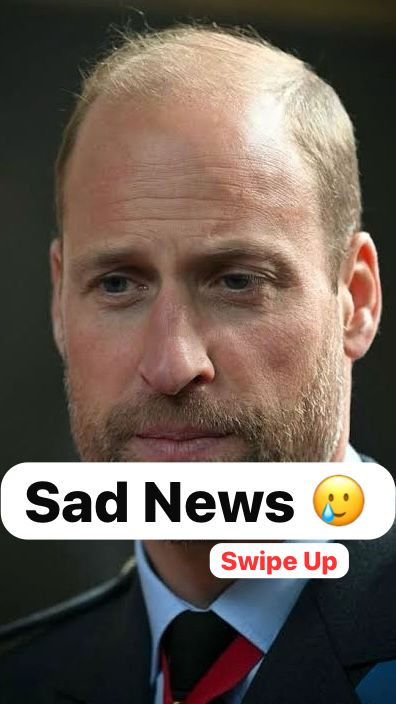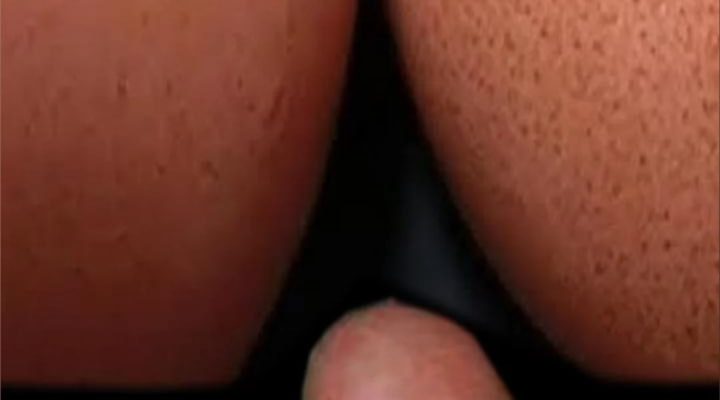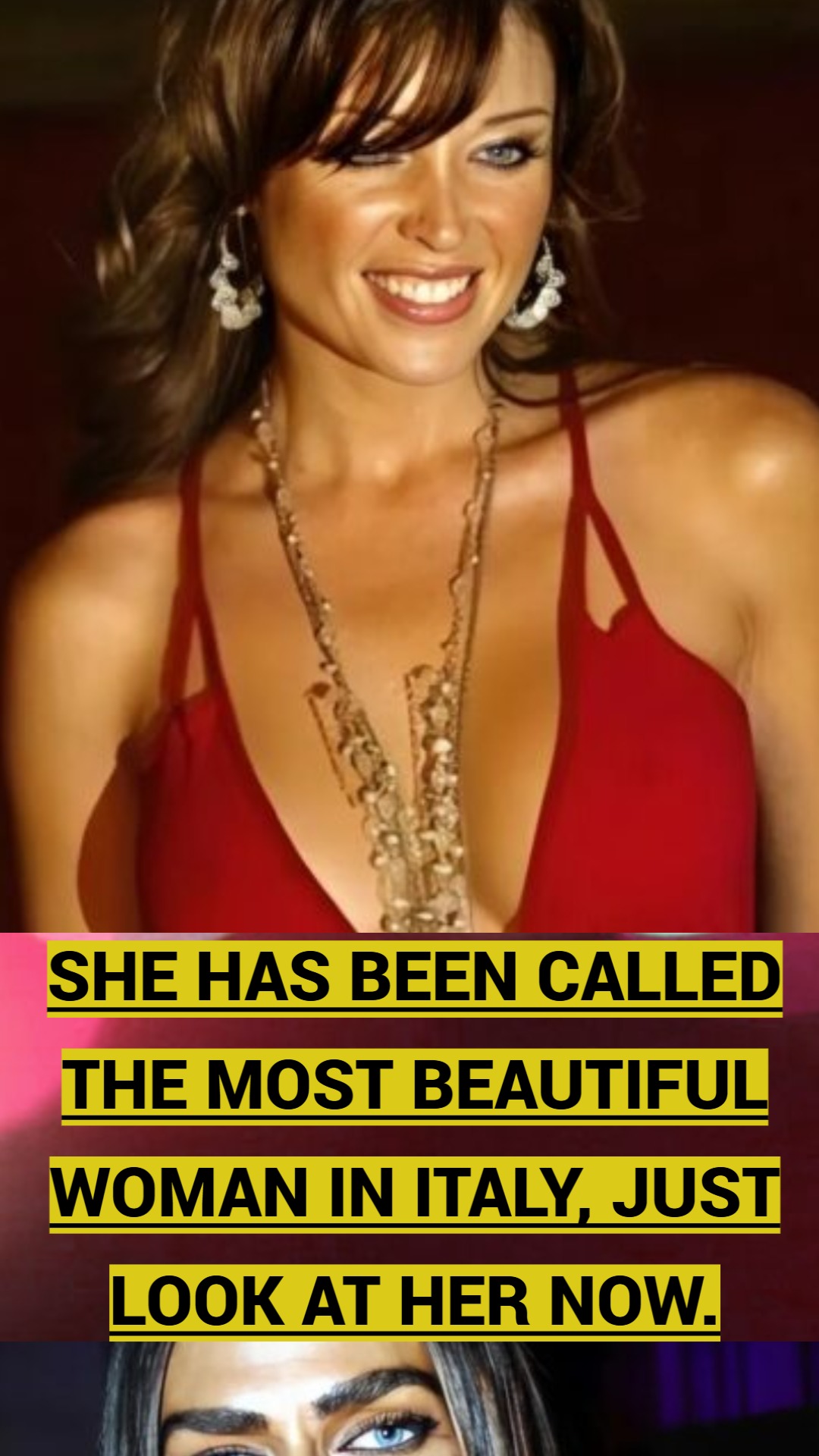Following the death of Pope Francis on Monday, April 21, after 12 years as head of the Catholic Church, it will soon become time to elect the 267th pope
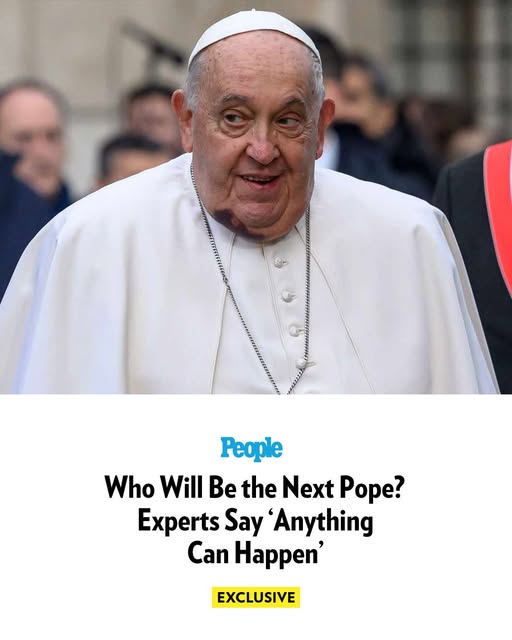
Following the death of Pope Francis on Monday, April 21, after 12 years as head of the Catholic Church, it will soon become time to elect the 267th pope — and experts say there are a variety of reasons why it's dififcult to predict, with any certainty, who will be chosen.
The conclave, a secluded meeting of Roman Catholic cardinals from around the globe that determines the next pope-elect, is expected to be held about 15 and 20 days after Francis' death and following the nine days of mourning (or Novendiale) as well as Francis’ funeral at the Vatican.
In order to be elected, the next pope will need two-thirds of the secret vote to be elected, and only cardinals under 80 can cast ballots.
Theoretically the list of eligible clergy is very long, according to Kathleen Sprows Cummings, a nationally recognized expert on Pope Francis as well as a professor of American Studies and History at the University of Notre Dame.
Cummings tells PEOPLE that there are about 140 men from the College of Cardinals that are eligible to become the next pope, but “many of them are not considered.”
Those who are deemed worthy of being eligible, however, are called papabile, Cummings, 53, says.
“There's no direct translation in English, but it basically means a man who's kind of on the radar screen to become pope, who could become pope,” she explains. “So you'd say, ‘Ah, he’s papabile,’ meaning like, ‘Oh, he's got a good chance.’ ”
"And I'd say on that list — a short list — would be 15 people,” Cummings adds, while stressing that it's not as though there's an "official list" that gets put together.:max_bytes(150000):strip_icc():focal(1068x303:1070x305):format(webp)/Pope-Francis-vatican-121923-4-2a983a7284354c34866672944683ff43.jpg)
Pope Francis.
Alessandra Benedetti - Corbis/Corbis via Getty
In the hours after Francis died, observers and news outlets began publishing lists of the men who are seen as top contenders, including Cardinal Luis Tagle of the Philippines, Italian Cardinal Pietro Parolin, Cardinal Robert Sarah of Guinea and France's Cardinal Jean-Marc Aveline, among others.
In theory, the voting cardinals are “deliberating on everybody" — and oftentimes, on the first ballot that gets cast, there will be "many different" candidates who receive votes, Cummings says.
But, much like in the recent hit movie Conclave, even those who might be seen as having a good chance at becoming pope might not be elected.
"It could be somebody else," Cummings says, citing, as an example, the pope who preceded Francis, Benedict XVI. “He wasn’t a front-runner, but he was elected,” she says.
And when Francis (born Jorge Mario Bergoglio) was elected more than a decade ago, he was also a bit of a wild card, Cummings recalls: "Anything can happen.":max_bytes(150000):strip_icc():focal(665x0:667x2):format(webp)/Pope-Francis-120824-2-f7b86c0f7ed1424693fea0acdc1d3189.jpg)
Pope Francis.
Antonio Masiello/Getty
Both Cummings and Bill Cavanaugh, an American Catholic theologian and professor of Catholic studies at DePaul University, point out that there is something different about the selection this time around.
"One the things that makes it hard to predict [the next pope-elect] is that Pope Francis has named about 80% of the voting cardinals,” Cavanaugh, 62, explains, “and he's done so in a kind of unprecedented way where he has named cardinals from relatively obscure places — Mongolia and the Central African Republic — and has kind of gone to the peripheries.”
“And so what that means,” he continues, “is that you'll have their kind of perspective coming in on this. And the cardinals don't know each other very well. They don't tend to be insiders who have spent a lot of time at the Vatican getting to know each other.”
